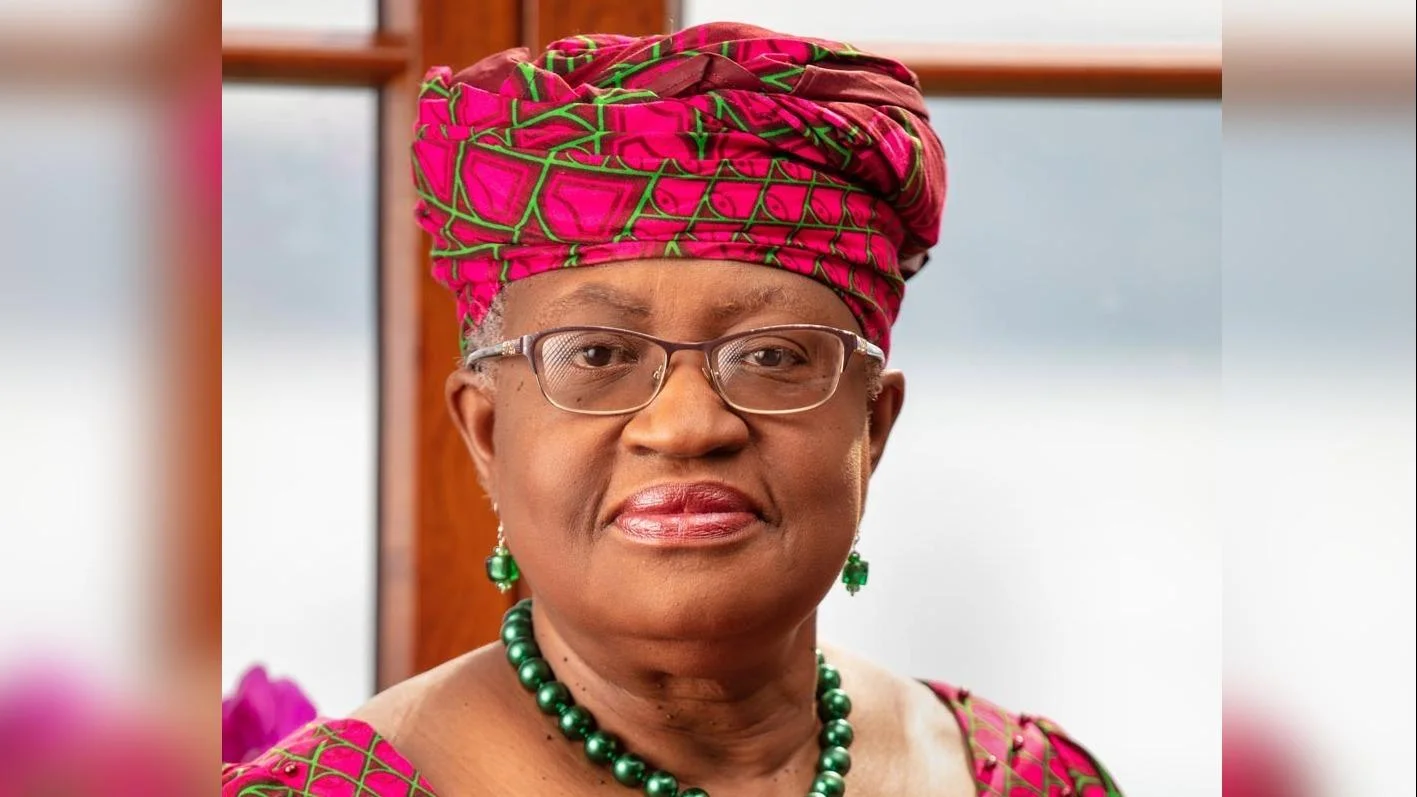A recent forum brought together leaders and experts to discuss the role of Central Asian economies in shaping the future of global trade. The event focused on the region's influence in developing the multilateral trading system and ongoing efforts at the World Trade Organization (WTO) to reform its processes.
Ngozi Okonjo-Iweala, Director-General of the WTO, opened the event by highlighting Central Asia’s strategic location between Europe and Asia. She emphasized its potential for regional economic integration, citing significant reserves of critical minerals and green energy resources. "Lowering trade costs, simplifying border procedures and cutting red tape in the region - for instance, through implementation of the WTO Trade Facilitation Agreement - would help attract more investment, encourage more trade and support growth and employment," she said.
Okonjo-Iweala also addressed digital connectivity as a key factor for Central Asian countries, many of which are landlocked. She noted that advancements in artificial intelligence and digital transformation could increase the region’s capacity to serve as a hub for interconnected economies. "AI and the digital transformation will only increase the potential of the region to become a trade hub of land-linked economies. The WTO's recent World Trade Report points to steps that CAREC countries and their partners can take at home to make the most of AI as a driver of trade and inclusive growth," she added.
Bruce Gosper, Vice President for Administration and Corporate Management at the Asian Development Bank (ADB), supported these views by stressing that multilateral trading systems and regional integration work together to promote prosperity. "The multilateral trading system and regional integration are not alternatives; they are mutually reinforcing tools for prosperity. Regional initiatives like the CAREC Program can help keep up the momentum for the rules-based open trade system. By reducing trade barriers, both physical and non-physical, we can expand our markets, diversify our economies and build resilience to global shocks," he stated.
Gosper also pointed out that supporting Azerbaijan, Turkmenistan, and Uzbekistan in joining the WTO is a priority under CAREC’s Integrated Trade Agenda 2030. He mentioned ADB’s support through technical advice, policy dialogue, and peer learning opportunities while noting other cooperation priorities such as trade facilitation, digital connectivity, climate action in trade, and promoting services for economic diversification.
The CAREC Programme includes 11 members from Central Asia, South Caucasus, East Asia, and South Asia with support from development partners. The Asian Development Bank serves as its Secretariat.
More information about CAREC is available on its official website.

